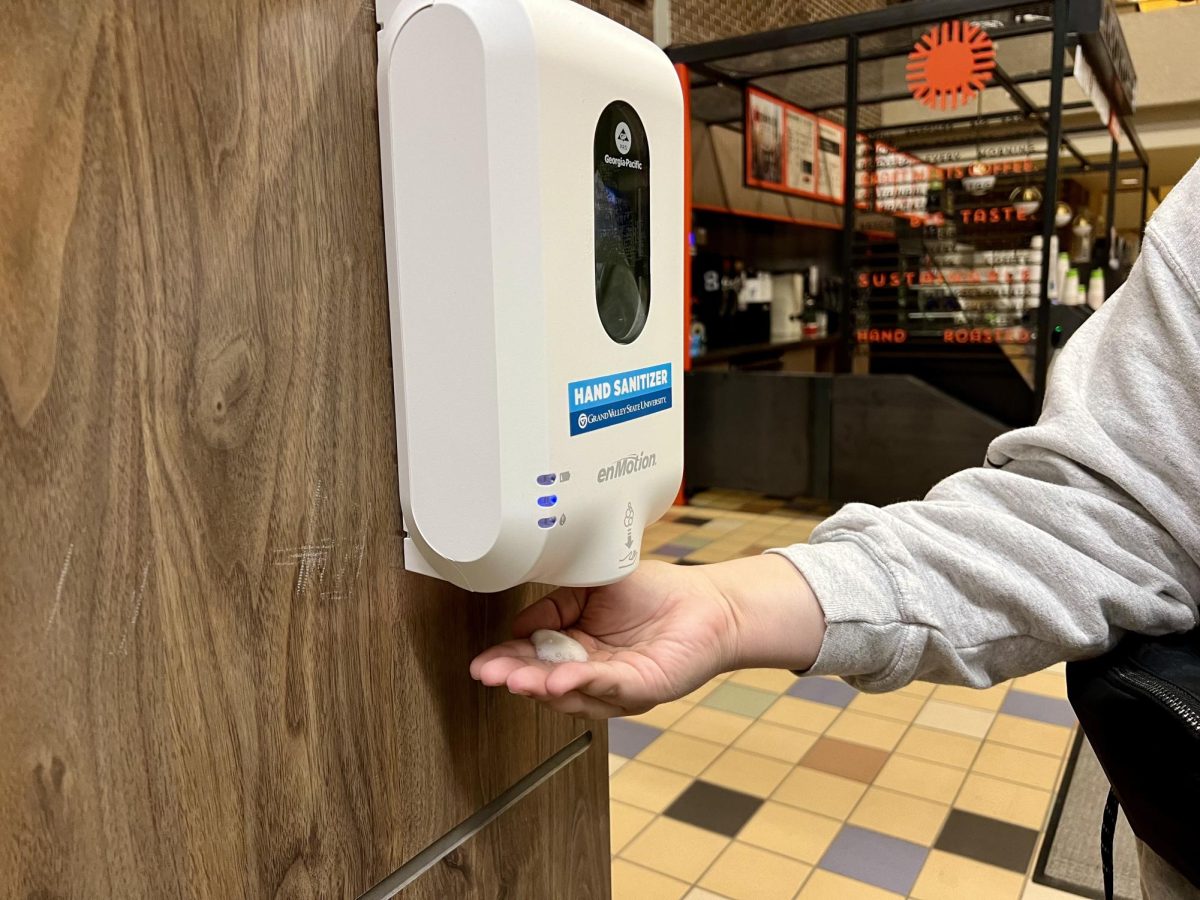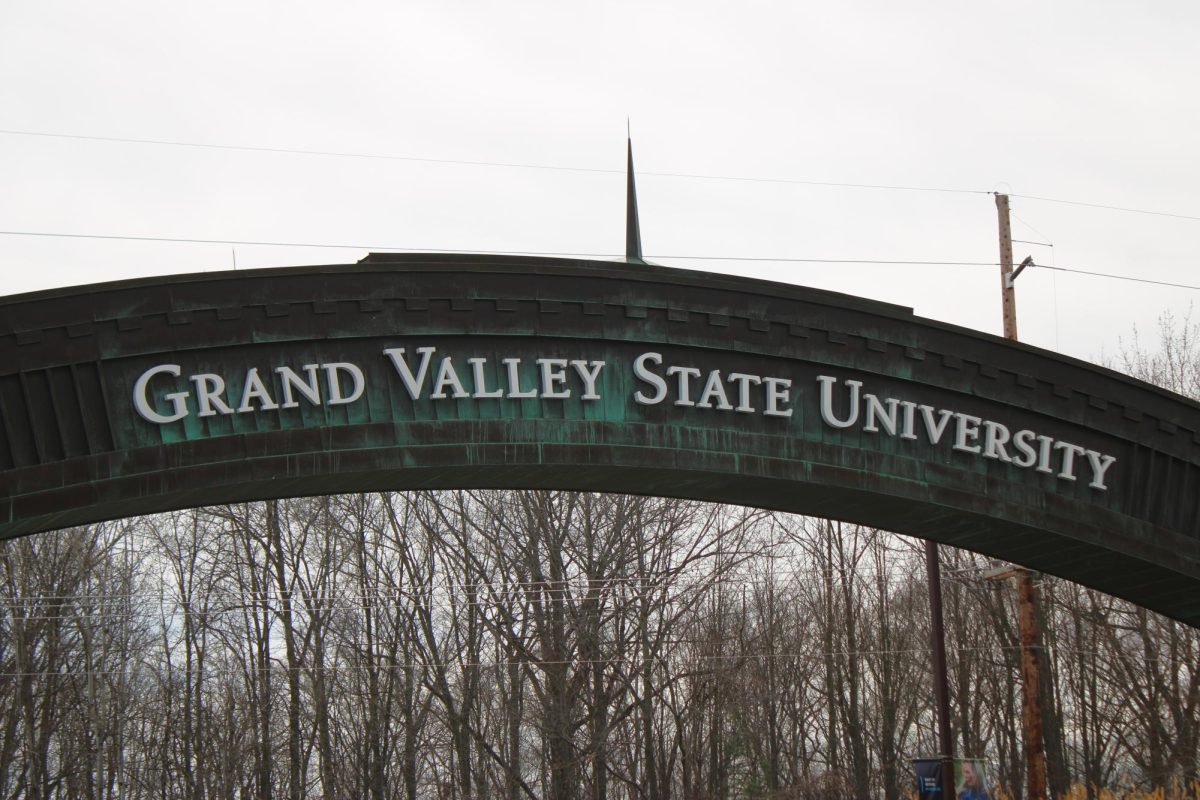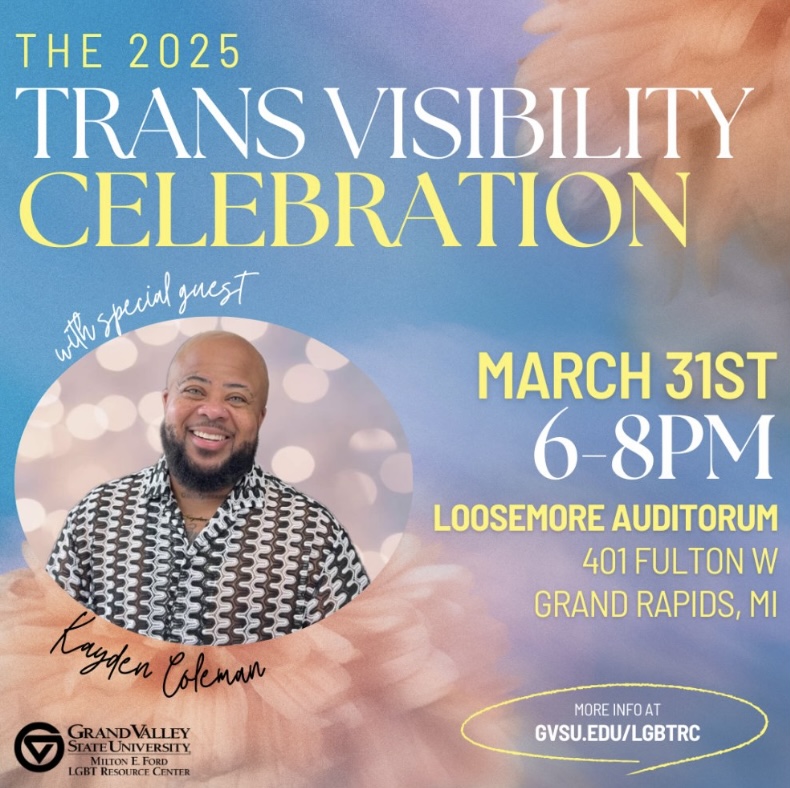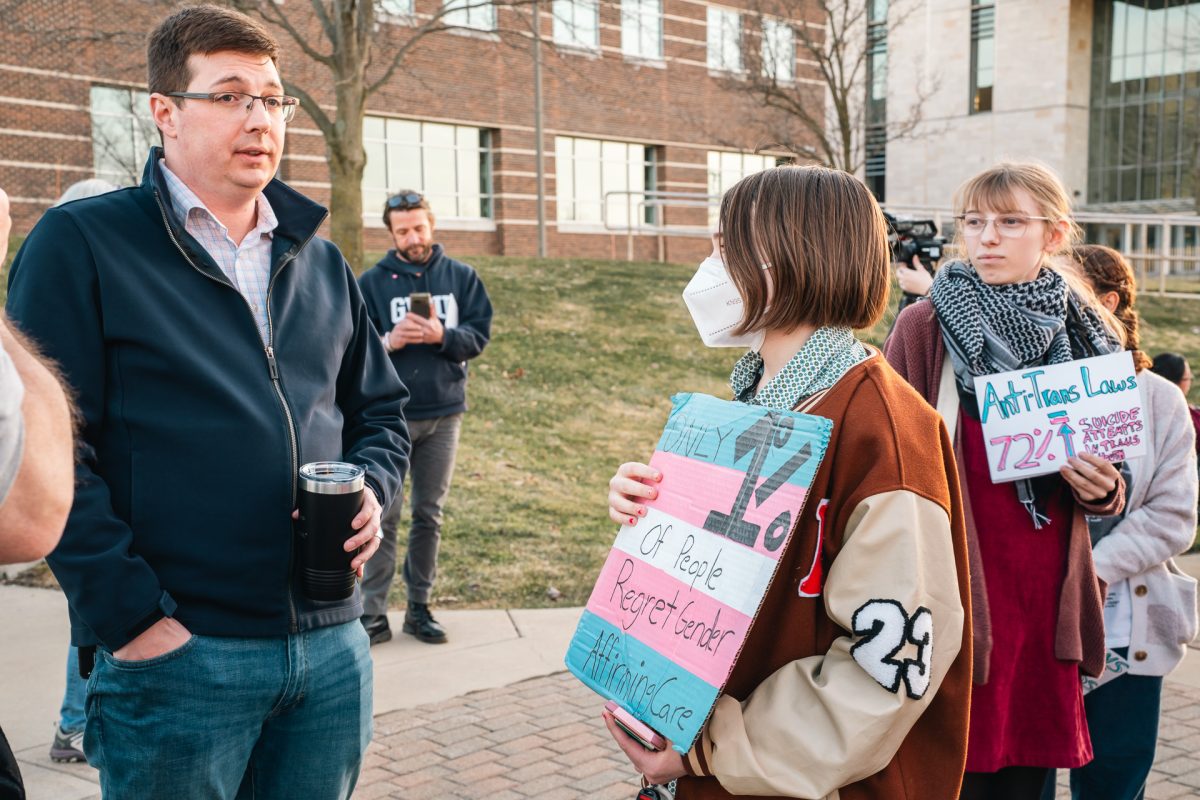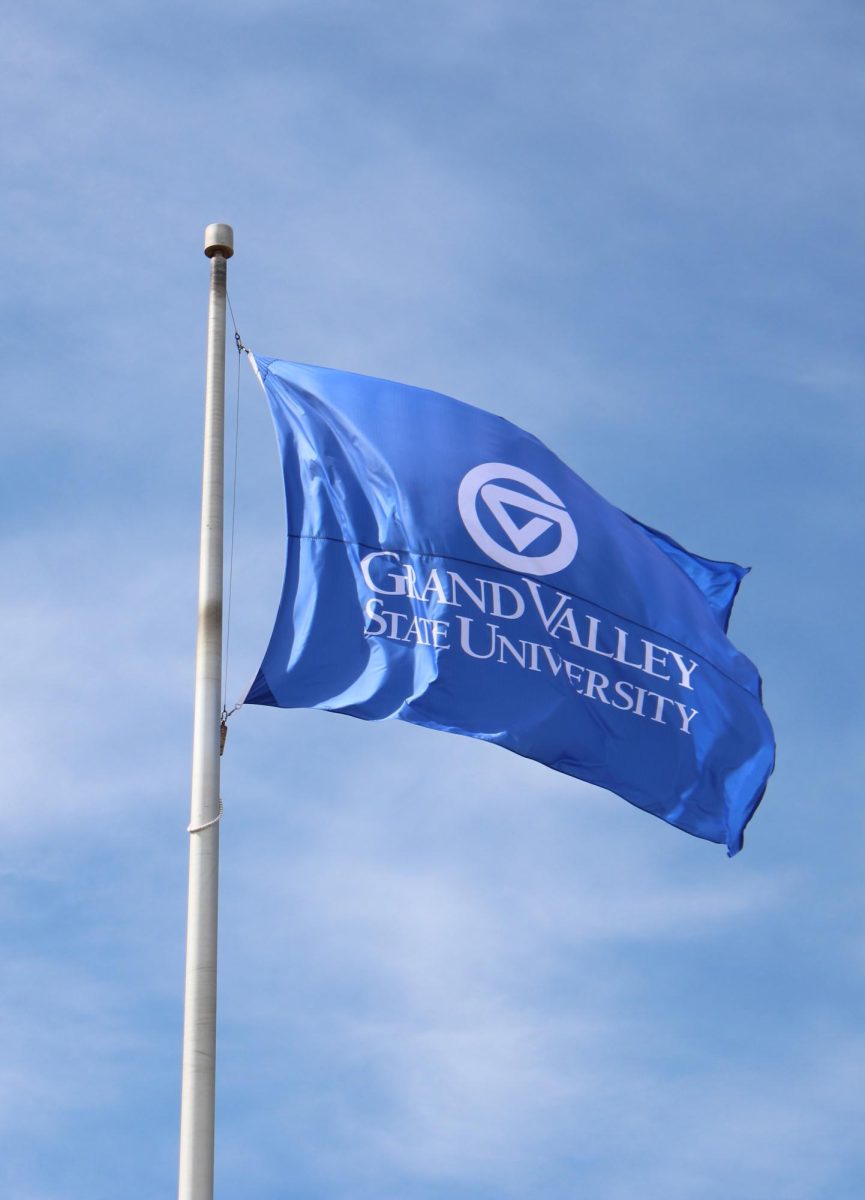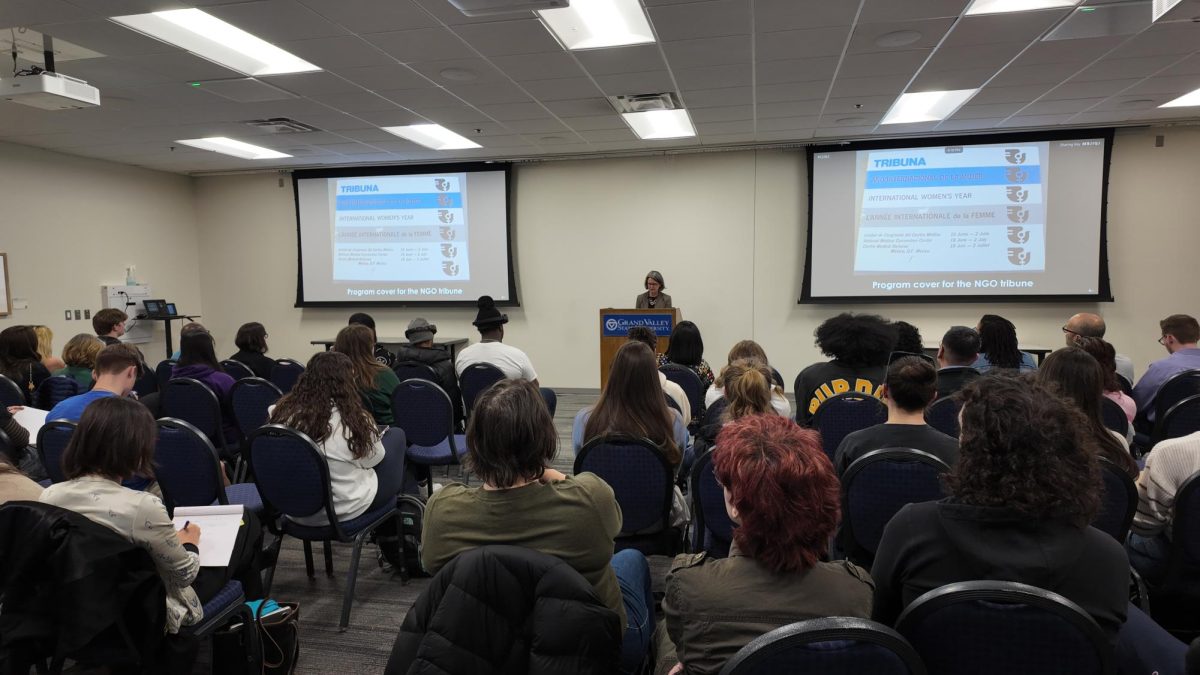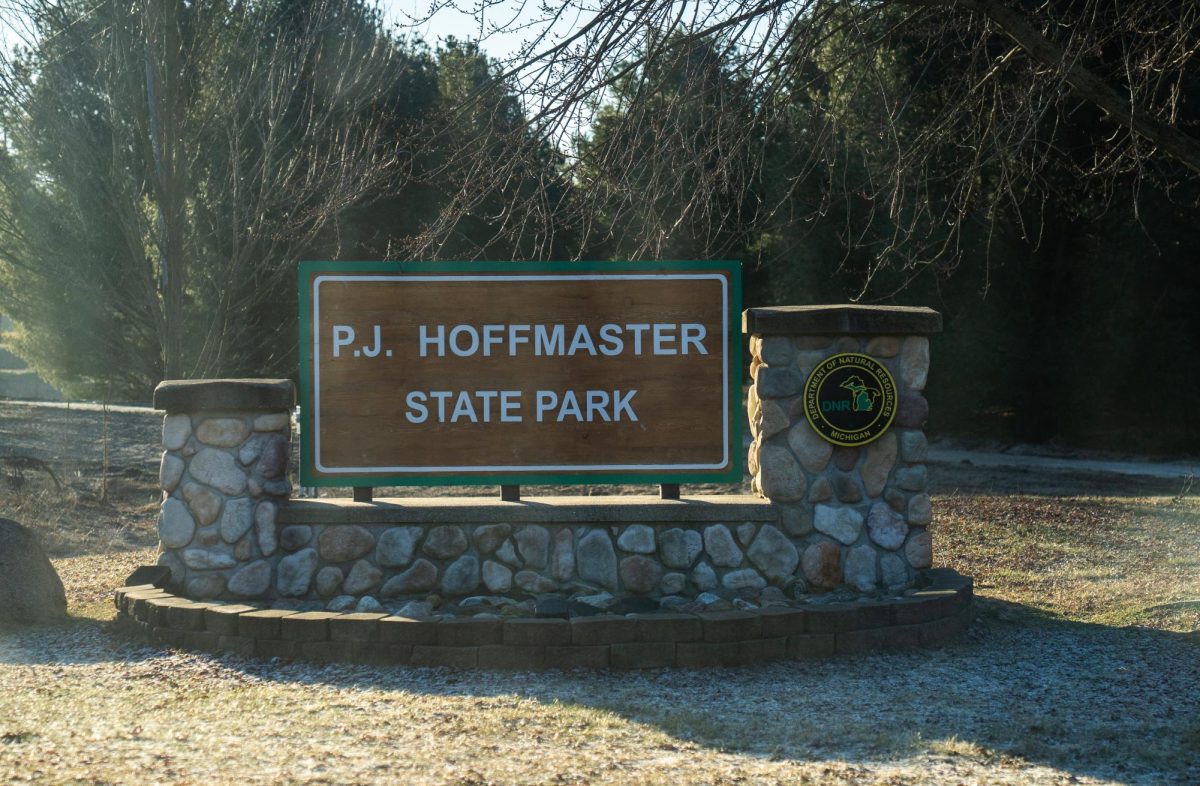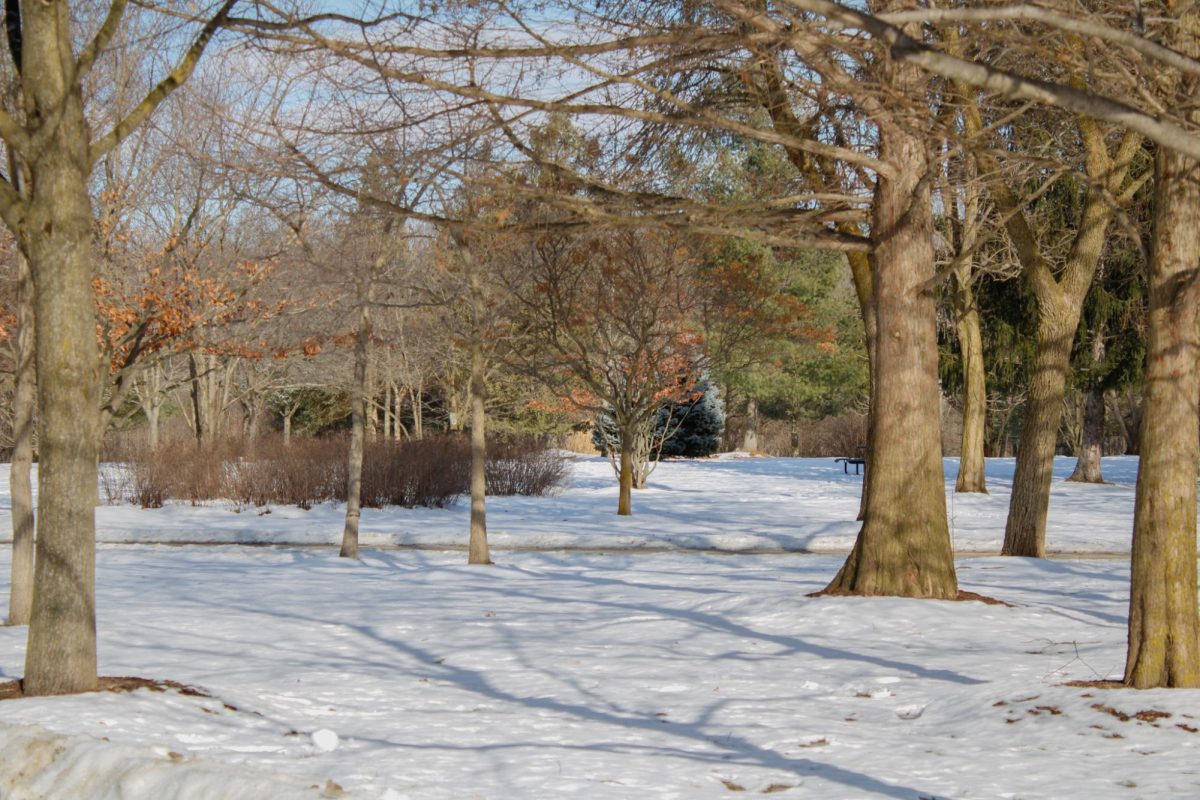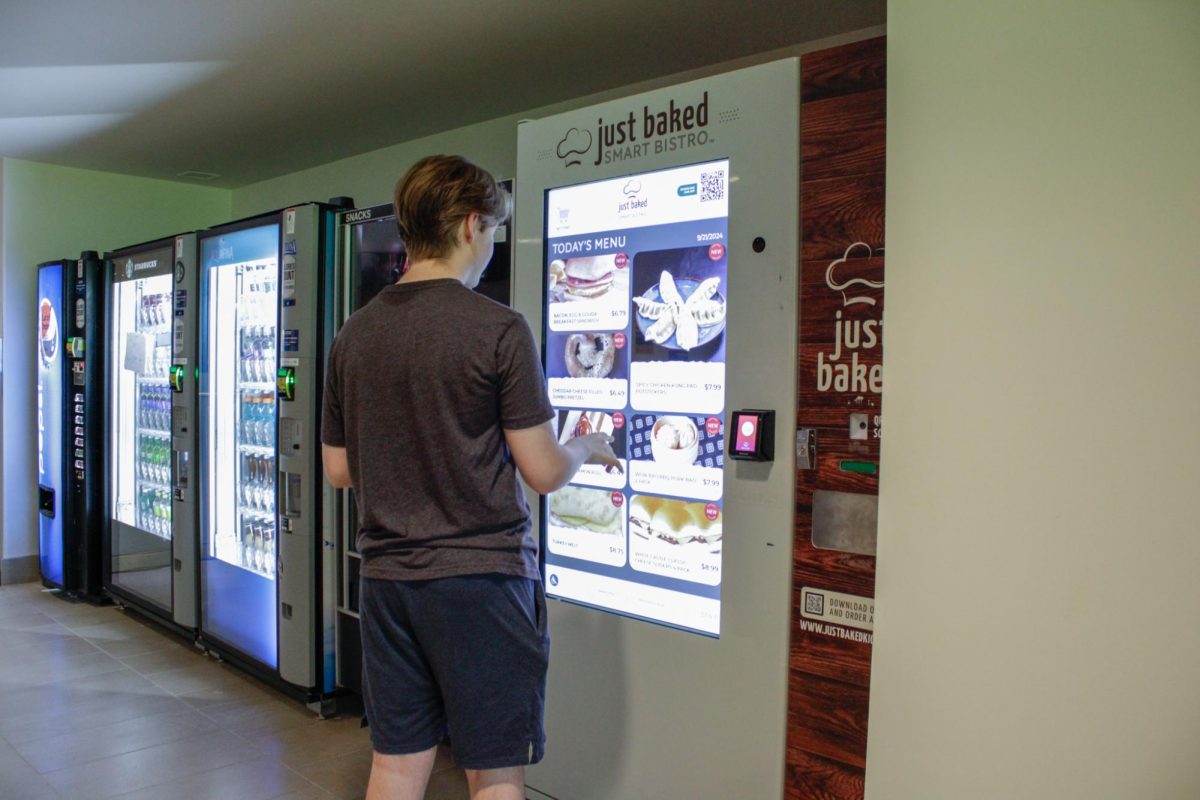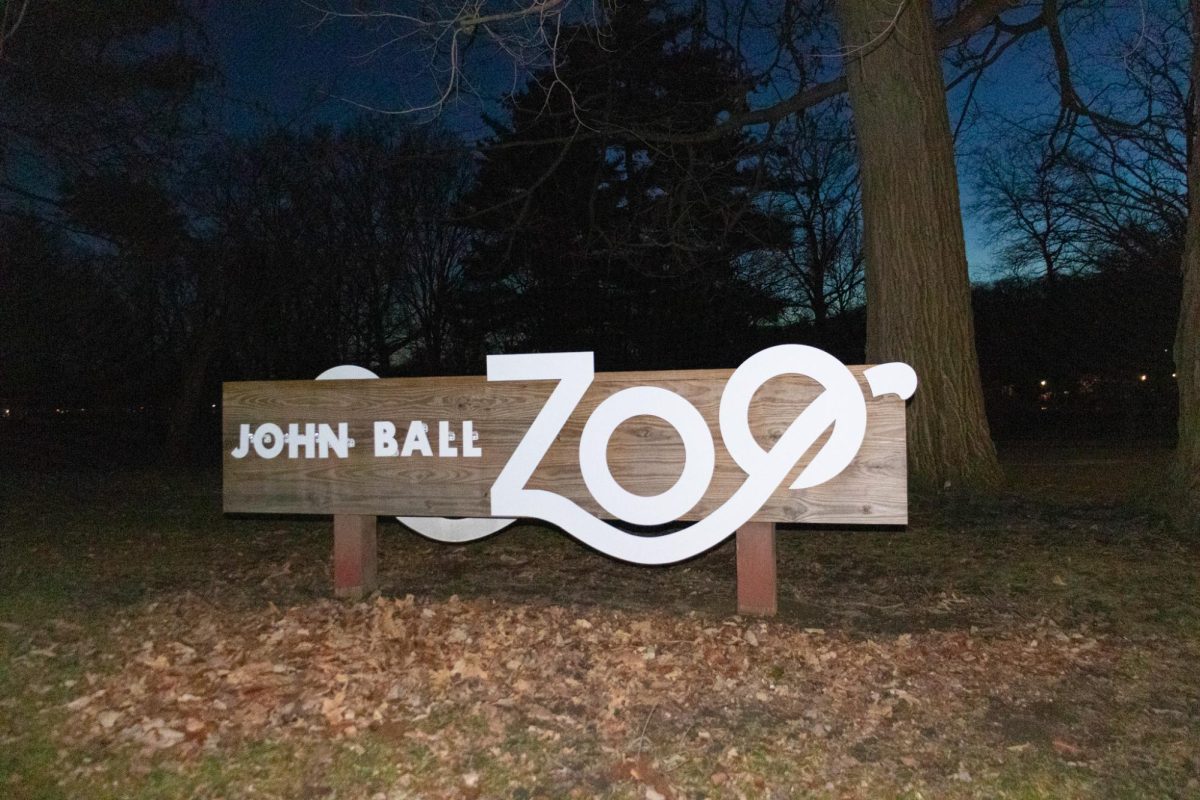While it has been nearly four years since the start of the COVID-19 pandemic, many things have remained the same. For some, mask-wearing is still a daily part of their lives; for others, excessive hand washing is the norm. However, for many college students, the discussion of course attendance has changed since COVID-19, with many requesting more accommodations when students miss classes due to illness.
GVSU regularly expresses the importance of student health and wellbeing, however, many students feel this is inconsistent with the university practices, particularly regarding attendance. Students recently received a campus-wide email from Student Health Services earlier in the month warning of the impending cold and flu season. The email outlined the potential risk of sickness as well as basic practices to keep students health. This email, among many others of a similar construct from different university resources, blatantly asked students to refrain from attending class if they are feeling under the weather, preaching the overall health needs of the community in a fashion reminiscent of COVID-19.
“If you’re sick, please stay home,” wrote Director of Student Health Services Edward Jones in the email, linking the Communicable Disease Prevention page on the GVSU website.
The page states that the campus attendance policy supports students staying home from classes if they are sick, however, that is not true of campus faculty, staff or any university student employment organization in practice; nor is it actually addressed in said policy. Student experience speaks to this, as well as a general consensus among students of missing the less-strict attendance options post of the COVID-19 pandemic.
“(During the COVID-19 pandemic) I feel like it (attendance) was lenient, all you had to say was ‘I have COVID,’” said Grand Valley State University student Lauren Gilmore.
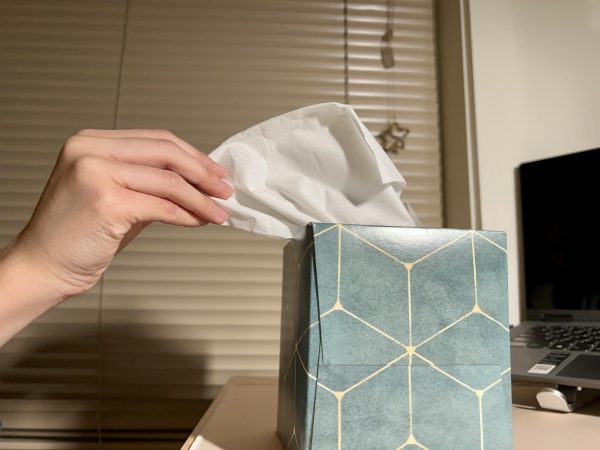
During the height of the COVID-19 pandemic, the university implemented rules from the Centers for Disease Control and Prevention (CDC) with the goal of lessening the spread of COVID-19. At the time, masks were required of all students, staff and faculty on all campus property. Free COVID-19 testing at Kleiner Commons for students, and there was a required quarantine period for all students if a student did have a positive test result.
According to the GVSU academic policies and regulations, “Faculty members will make reasonable accommodations for students when an absence is excused.” However, to get an excused absence students must either get a doctor’s note for class or be missing class for a reason that falls under the excused absence list, which for some of the student population can be difficult and not accommodating for their situation. During COVID-19, many of the university policies regarding attendance were less stringent when it came to what constituted an excused absence.
Students who don’t have cars also often find it difficult to make appointments to get a doctor’s note in order to receive an excused absence.
“I do think we have to realize for some people it’s not possible, either they don’t have transportation, they don’t have insurance, they are unsure about going to the health office,” said GVSU Professor Meegan Zickus.
According to an article by GV Next, “There is a low uninsured rate in Kent County, about one in five people surveyed still reported a difficult time affording medical care and/or prescription drugs.”
GVSU senior Alayna Hope recently experienced some difficulties with attendance due to COVID-19. Hope said a classmate believed their grades had been affected due to COVID-19 absences.
“The student I heard this from was missing for two days and said they got knocked down points in their attendance even though (the student) sent in proof of their positive test,” Hope said. “But then I also was missing for Covid the same week and I didn’t miss anything for my attendance grade so I’m not sure if their grade was lower from something else (or if it wasn’t properly communicated).”
There is a reason for such policies on campus, however. Zickus said some students may take advantage of a more lenient attendance policy.
“I don’t think there’s room for any other policy, because unfortunately, you have people that abuse it,” Zickus said.
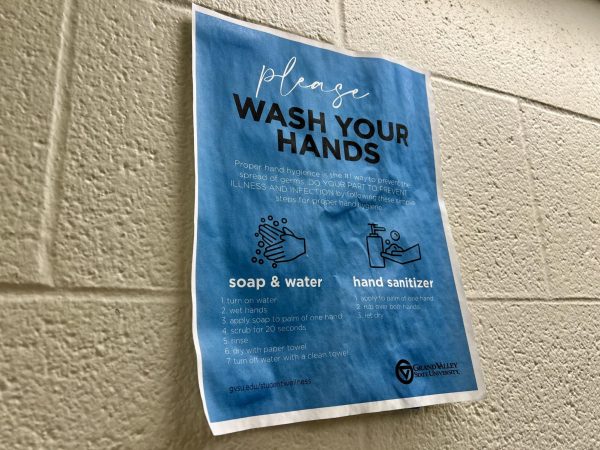
During the COVID-19 pandemic, many students noticed the university and professors were more lenient when it came to attendance. Roughly a year ago, the university transitioned back to its original, pre-pandemic attendance policies.
“There is a growing consensus that the extreme flexibility of the COVID years does not promote the student success outcomes that all desire,” said Ed Aboufadel, the Senior Associate Vice President for Student Affairs at GVSU.
There are fewer opportunities for students to make up classes with the attendance policy back to normal. Some professors feel that students would be able to stay home when sick and prevent the spread of illness if there were more resources available if an absence was necessary.
“I would be a much stronger advocate for having more options to make up class sessions, whether the class sessions be recorded,” Zickus said.
Some GVSU professors have options for students to make up class, such as video recordings of the lecture or other ways to earn participation. For the majority of students, once they miss a class for sickness or other reasons, they simply miss out on that day of learning.
Although COVID-19 is still around, it is not longer classified as a global pandemic or a worldwide health concern. College lectures and sickness policies have found themselves back to where they were before the pandemic. However, some questions still remain about how fair the academic policies and regulations are to students.
More information about academic policies and regulations at GVSU can be found in the Undergraduate & Graduate Catalog on the GVSU website. Jones invites students to bring any questions or concerns with the attendance policy enforcement to him via his office phone number or through the Academic Grievances Procedures.




